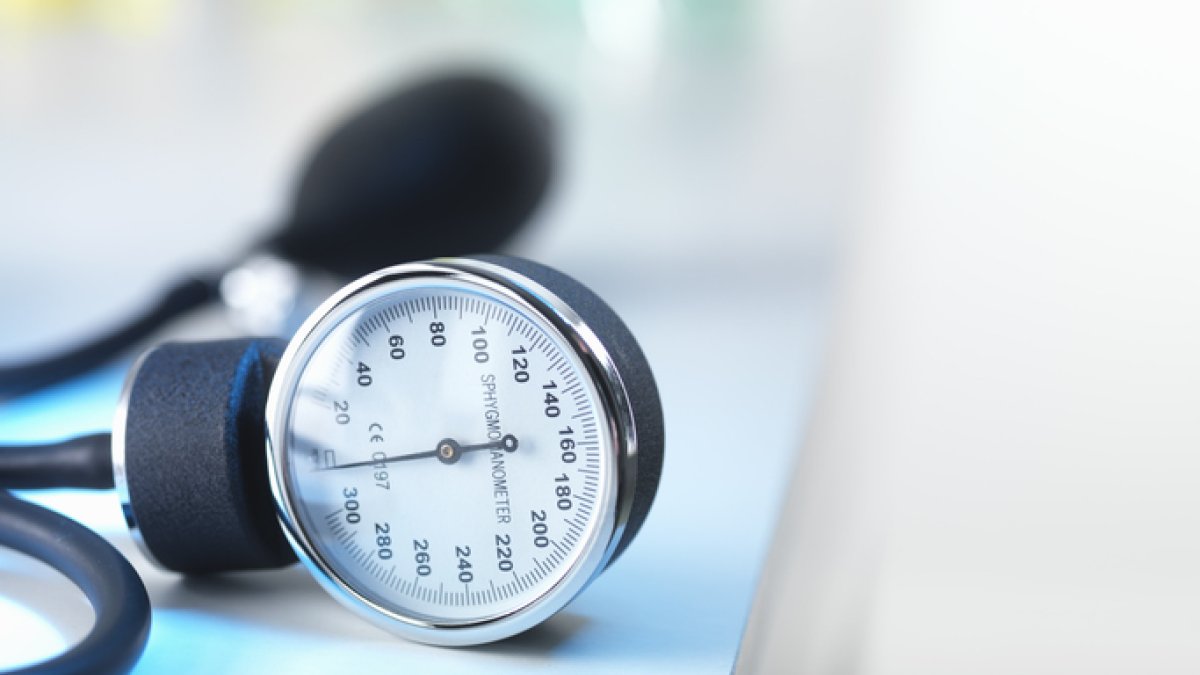Cocoa shown to reduce blood pressure and arterial stiffness in first real-life study
Cocoa only reduces blood pressure and arterial stiffness when elevated, a new study from the University of Surrey finds.

Cocoa flavanols have previously been found to lower blood pressure and arterial stiffness as much as some blood pressure medication. However, how effective flavanols are in everyday life in reducing blood pressure has remained unknown, as previous studies in this area have been performed in tightly controlled experimental settings.
Surrey’s new research reduces concerns that cocoa as a treatment for raised blood pressure could pose health risks by decreasing blood pressure when it is not raised, paving the way for it to be potentially used in clinical practice.
In the first study of its kind study, researchers set out to investigate the use of flavanols, a compound found in cocoa, in lowering blood pressure and arterial stiffness in individuals outside of clinical settings.
Christian Heiss, Professor of Cardiovascular Medicine at the University of Surrey, said:
“High blood pressure and arterial stiffness increases a person’s risk of heart disease and strokes, so it is crucial that we investigate innovative ways to treat such conditions.
“Before we even consider introducing cocoa into clinical practices, we need to test if the results previously reported in laboratory settings safely translate into real-world settings, with people going about their everyday lives.”
For several days, eleven healthy participants consumed, on alternating days, either six cocoa flavanol capsules or six placebo capsules containing brown sugar. Participants were provided with an upper arm blood pressure monitor and a finger clip measuring pulse wave velocity (PWV) which gauges levels of arterial stiffness.
Measurements of blood pressure and PWV were taken prior to consumption of the capsules and every 30 minutes after ingestion for the first three hours, and then hourly for the remaining nine hours. Researchers found that blood pressure and arterial stiffness were only lowered in participants if it was high, and there was no effect when the blood pressure was low in the morning.
Significantly, effects were also, for the first time, identified at eight hours after cocoa was consumed. Researchers believe that this second peak may be due to how bacteria in the gut metabolise cocoa flavanols.
Professor Heiss added:
“The positive impact cocoa flavanols have on our cardiovascular system, in particular, blood vessel function and blood pressure, is undeniable. Doctors often fear that some blood pressure tablets can decrease the blood pressure too much on some days.
“What we have found indicates that cocoa flavanols only decrease blood pressure if it is elevated. Working with participants’ personal health technologies showed us how variable blood pressure and arterial stiffness can be from day to day and shows the role of personal health monitors in developing and implementing effective personalised care.”
The research was published in Frontiers in Nutrition.
Notes to editors:
Professor Christian Heiss is available for interview upon request.
Contact the University of Surrey press office via mediarelations@surrey.ac.uk
Featured Academics
Media Contacts
External Communications and PR team
Phone: +44 (0)1483 684380 / 688914 / 684378
Email: mediarelations@surrey.ac.uk
Out of hours: +44 (0)7773 479911


